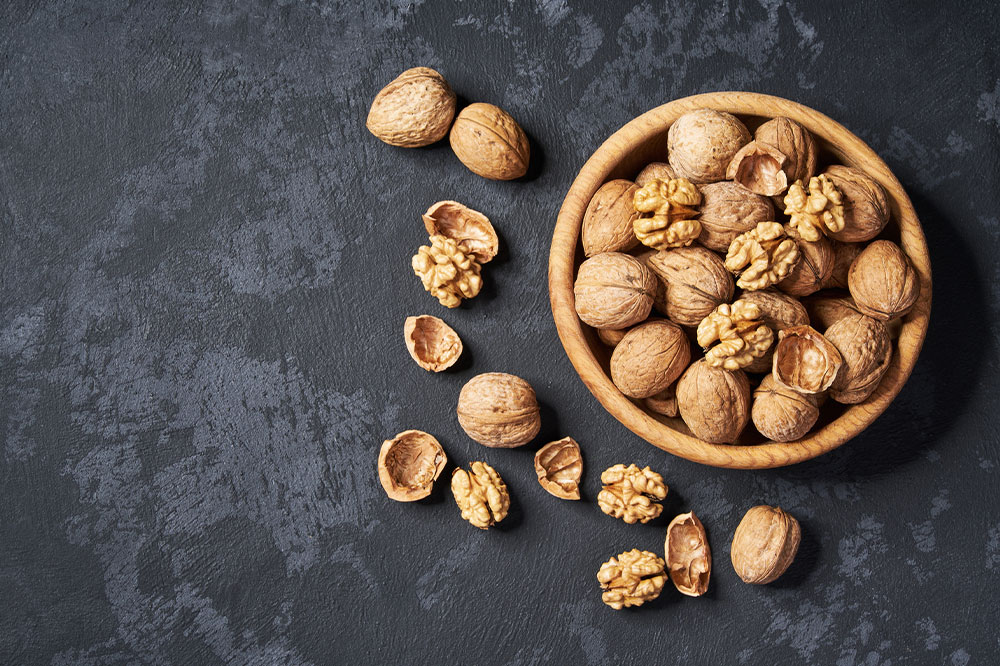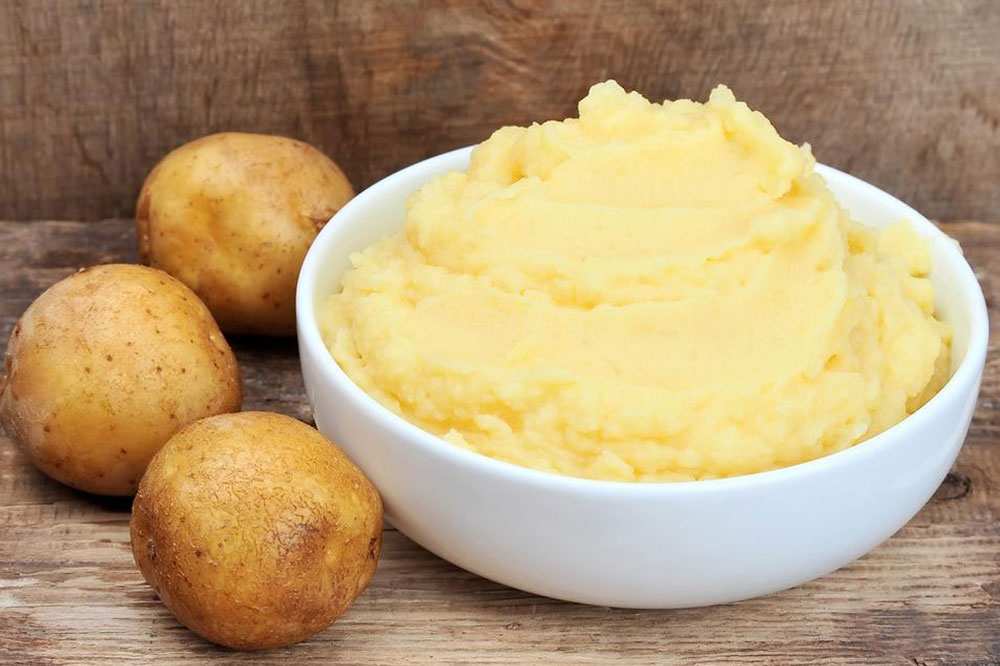Essential Dietary Tips for Managing Bipolar Disorder: Foods to Avoid
Discover essential dietary guidelines for bipolar disorder management. Avoid sugary foods, excessive salt, alcohol, caffeine, and unhealthy fats to stabilize mood and enhance medication effectiveness. Incorporate healthier food choices for better mental health control.
Sponsored

Key Foods to Steer Clear of When Living with Bipolar Disorder
Bipolar disorder is a complex mental health condition characterized by unpredictable mood swings, including episodes of mania and depression. Although medications and therapy are primary treatments, proper diet management can enhance symptom control. Certain foods may trigger mood episodes or interfere with medication effectiveness. To better manage bipolar symptoms, it’s advisable to avoid specific items:
Sugar
Foods high in sugar such as pastries, candies, and desserts can hinder weight management and reduce medication efficacy, possibly worsening symptoms. Opt for natural sweeteners, fruits, or lighter treats like yogurt or smoothies as healthier alternatives.
Salt
Salt intake influences lithium levels in the body, crucial for those on lithium-based treatments. Sudden changes in consumption can cause fluctuations, impacting medication effectiveness. Maintain a balanced salt intake and consult healthcare professionals before making significant dietary adjustments to ensure proper lithium regulation.
Alcohol
Alcohol can significantly aggravate mood swings and interact negatively with bipolar medications, especially lithium. Complete abstinence is often recommended to prevent symptom escalation and medication interference.
Caffeine
Beverages like coffee, tea, and energy drinks may boost alertness but are stimulants that could induce mania or sleep disturbances, complicating bipolar management. Reducing caffeine intake and choosing decaffeinated options or herbal teas can help stabilize mood and sleep patterns.
Fats
Consuming excessive fried and processed foods rich in unhealthy fats can impair medication absorption and worsen heart health. Focus on lean proteins, omega-3 rich foods, and healthy fats like olive oil to promote overall well-being and better symptom control.






